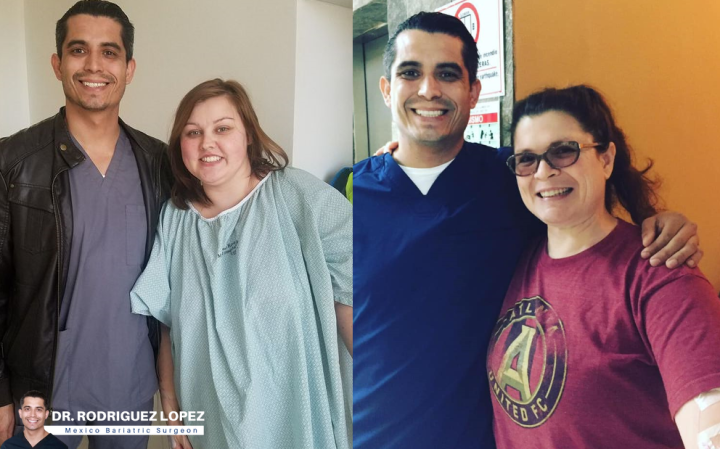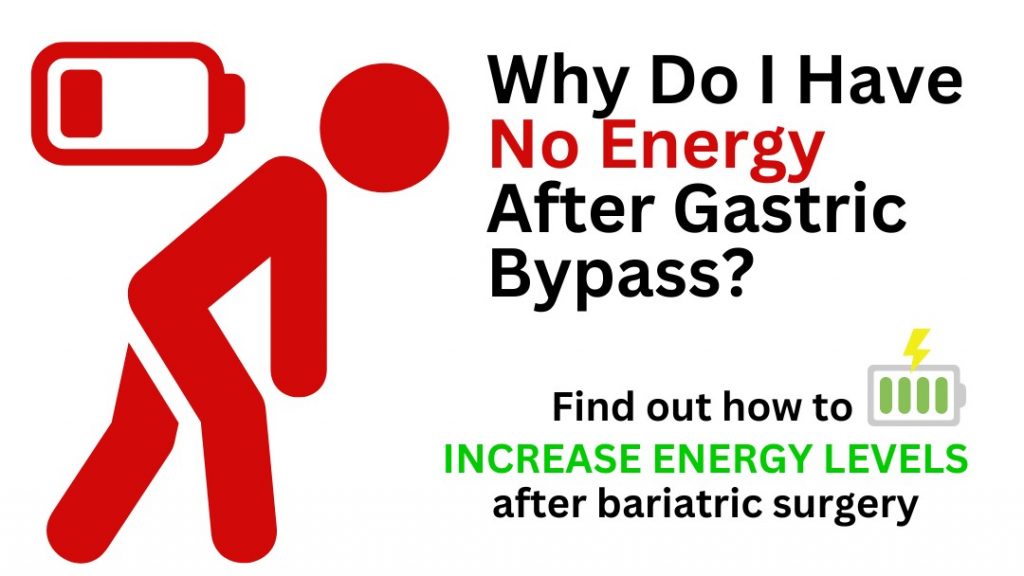After undergoing RNY gastric bypass surgery, it is common to experience a lack of energy. This can be due to a number of factors, including the body’s response to the surgery, changes in diet and activity levels, and nutritional deficiencies.
The surgery can cause changes in the body’s metabolism and hormone levels, affecting energy levels.
Additionally, the strict dietary restrictions and changes in the digestive system that are necessary after the surgery can decrease the intake of essential nutrients, contributing to fatigue.
How can I increase energy levels after bariatric surgery?
There are a few ways to increase energy levels after bariatric surgery. These include:
– Eating a balanced and nutritious diet
After bariatric surgery, it is essential to eat a diet high in protein and nutrients and low in calories and fat. This can help to support the body’s healing process and provide the energy needed for daily activities. Hydration is also a crucial factor in preventing the body from becoming fatigued.
Tips for a healthy diet after bariatric surgery
- Eggs, meats, fish, seafood, tuna, poultry, soy milk, tofu, cottage cheese, yogurt, and other dairy products are all examples of high-protein foods.
- Continue to track your daily calorie intake and concentrate on low-fat, low-sugar, and low-calorie items.
Managing nutritional deficiencies
After bariatric surgery, it is expected to develop nutritional deficiencies, which can contribute to fatigue and low energy levels. It is important to regularly monitor nutrient levels, get routine lab checks, and take necessary supplements as a doctor recommends.
– Regular exercise
Regular physical activity can help boost energy levels and improve overall health. It is important to start slowly and gradually increase the intensity and duration of exercise over time.
Tips for exercising after gastric bypass
- Join a class, gym, or fitness club. Find your favorite classes by taking every class they have to offer.
- Find opportunities to walk throughout your day. (Parking far from the entrance, so you must walk farther.)
- Make a gym playlist to motivate you during your workout.
- Try new things! Mall walking, heated yoga, dancing, or swimming.
– Managing stress
Stress can contribute to fatigue and low energy levels. Finding ways to manage stress, such as relaxation techniques, regular exercise, or talking to a therapist, is important.
– Getting enough sleep
Sleep is essential for maintaining energy levels. Getting enough sleep each night and establishing a regular sleep schedule are important.

How long does it take to get your energy back after roux-en-y?
The amount of time it takes to regain energy after gastric bypass surgery can vary depending on a number of factors, including the individual’s overall health, the type of surgery they had, and their body’s response to the surgery. In general, it is completely normal to experience a decrease in energy levels for the first few weeks after the surgery as the body adjusts to the changes.
After having bariatric surgery, it typically takes 4 to 12 weeks to get your energy back.
As the body recovers and the individual returns to their regular diet and activity levels, energy levels should gradually improve.
Long-term energy levels after gastric bypass
Many people report having more energy after gastric bypass surgery, which makes sense given that: your body no longer expends extra energy trying to digest large meals. Your body’s metabolic processes begin to function more effectively. It requires less effort for your new smaller body to move around, producing an excess of energy.
It is vital for people who have undergone gastric bypass surgery to closely follow their doctor’s instructions and pay attention to their body’s signals to ensure they get the nutrition they need to maintain their energy levels.

